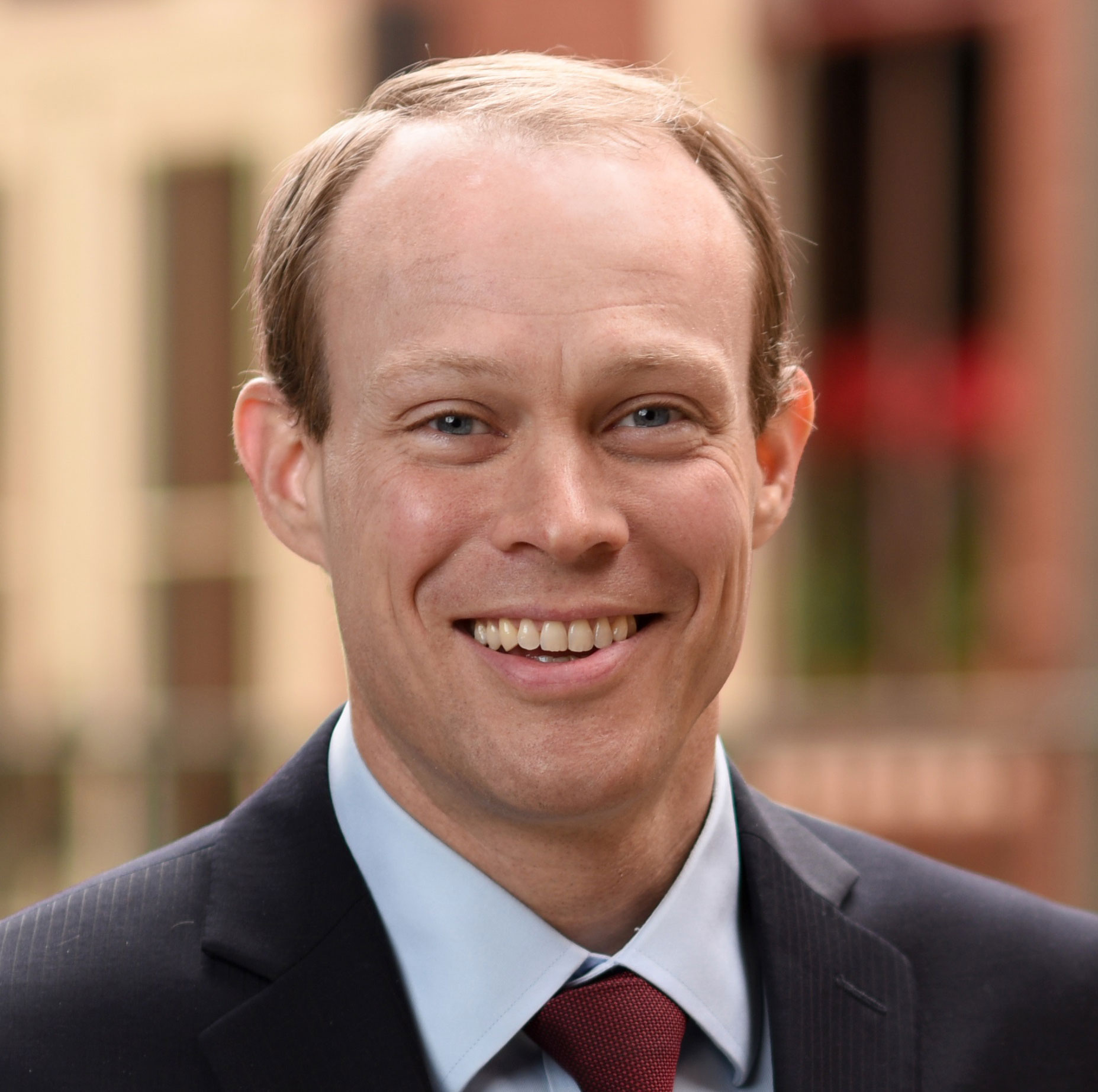The BLOG: Faith and Law
Special pleading and anti-Catholic discrimination by the Massachusetts Superior Court
Adam J. MacLeod | December 21, 2015
As the NewBostonPost reported late last week, a Massachusetts Superior Court judge has ruled that Fontbonne Academy, a Catholic preparatory school, now has a legal duty to employ a man who identifies another man as his husband for employment purposes.
The Roman Catholic Church, like nearly all Protestant denominations, orthodox Jewish teaching, Sharia law, and every known civilization in the history of the world until the day before yesterday, understands marriage to be inherently the union of a man and a woman. The Sisters of Saint Joseph of Boston, who run Fontbonne Academy for the benefit of Boston’s young girls and the greater community, share this view of marriage. As a matter of conscience, they understand themselves obligated not to act contrary to the truth about natural marriage.
Indeed, the Sisters testify about the nature of marriage for the same reason that they serve the community: they seek to promote the common good. For a Catholic school to act in its employment practices as if marriage is something other than a man-woman marriage is, in the view of Roman Catholics (and other Christians), not only contrary to established Christian doctrine, it is contrary to human nature. Marriage fulfills human nature in a unique way. It is not for everyone, but everyone benefits when it is done faithfully and well.
In terms that strike some secular ears as parochial but that are foundational to Western thought from Aristotle to Aquinas to Martin Luther King, Jr., to treat non-marital conduct as if it were marital is contrary to right reason, violates natural and divine law, and is therefore unjust. The Sisters of Saint Joseph have moral obligations, not just to their employees and the community but also to their conscience and their God, to witness truthfully to their students and to the community of which they are a part. So, Fontbonne refused to employ the man on the terms he sought.
The Superior Court ruled that Fontbonne discriminated because of the man’s sexual orientation. But that ruling is contrary to the facts. Fontbonne distinguishes not between heterosexual and homosexual but rather between marriage and same-sex marriage, which the nuns understand to be non-marital. That distinction can be found in Massachusetts law today, more than a decade after a narrow majority of the Supreme Judicial Court required the Commonwealth to redefine marriage.
Yet the Superior Court ruled that the law of Massachusetts recognizes no distinction between same-sex marriage and sexual orientation, conduct and sexual identity. Therefore by acting on the basis of Catholic teaching about marriage, Fontbonne was in fact discriminating on the basis of sexual orientation.
The court has overstated the law, at the very least. That one identifies as same-sex attracted does not entail that one is in a same-sex marriage, nor does being in a same-sex marriage necessarily entail that one is same-sex attracted. The court must have meant to say that the conduct-status distinction collapses in the narrow category of cases where a same-sex attracted person is in a same-sex marriage and seeks employment from someone who understands marriage to be a man-woman union.
But why just this category of cases? In all other areas of legal doctrine, the law has no difficulty distinguishing between status and conduct. We do not punish people because they are criminals; we punish them only if they commit a crime while possessing the relevant intent. We do not make people pay damages because they are tortfeasors; we hold them liable if and to the extent that they commit a tort and cause damages. More closely to the point, we don’t hold men and women to marital and parental obligations because they are heterosexual; we do so if they get married and have children.
So, the court is guilty of special pleading. And this special pleading causes a distinct inequality; it discriminates against Roman Catholics. For just as the identity of some same-sex attracted people is constituted in part by being in committed same-sex relationships, the identity of many Roman Catholics and other Christians, including nuns who run non-profit preparatory schools for girls, is constituted in communicating what they know to be the truth about marriage. The Superior Court is coercing the Sisters of Saint Joseph to participate in what they understand to be a meaningful falsehood.
Adam J. MacLeod is a member of the Maine and Massachusetts (inactive) bars and an Associate Professor at Faulkner University, Jones School of Law. He is the author of “Property and Practical Reason” (Cambridge University Press) and dozens of articles in journals in the United States, United Kingdom, and Australia, many of which can be accessed at his website.





